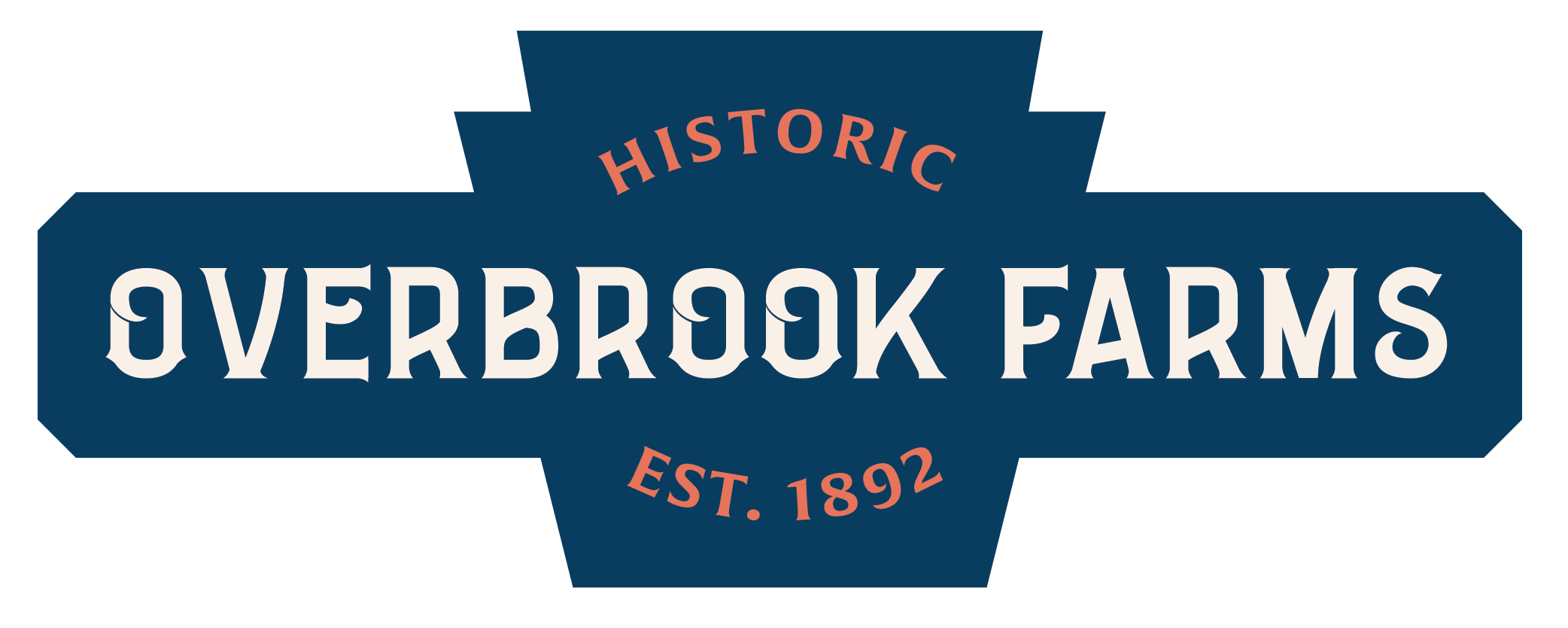Preservation Frequently Asked Questions
Below are answers to some frequently asked questions concerning historic designation and home ownership in an historically designated neighborhood. If you do not find the answer you are looking for below, please feel free to write to the board of the Overbrook Farms Club at ofcexecutivecommittee [at] gmail.com.
Why is Historic Designation important to Overbrook Farms at this time? It is the best safeguard we have against demolition of our historic housing stock, subdivision, and increased density in our neighborhood. Overbrook Farms is starting to feel the same development pressures that many other parts of the city have been experiencing for more than a decade. The city in general is seeing the greatest housing boom since the Industrial Revolution. Even though most of the press concerning demolition and rebuilding of housing stock focuses on denser row-home parts of the city, other neighborhoods of single family twins and stand-alone houses similar to Overbrook Farms, such as Roxborough, Mt. Airy, and Germantown, are not immune. They are experiencing demolition of historic houses and the construction of new single-family homes, which command higher prices.
For example, a new-construction home in Greenhill Farms (1840 North 69th Street) just sold for $850,000 on May 30, 2019. In many cases lot sizes are large enough to subdivide and build multiple homes and remain within current RSD or RSA zoning. The Overbrook Farms Club has fielded a number of developer inquiries about the status of Historic Designation; they were interested in purchasing a home for sale in our neighborhood and demolishing it for new construction, which Designation would prevent them from doing.
We have similar concerns for our commercial corridor on 63rd Street and Lancaster. The recent development of over 100 residential units at the site of the medical clinic (former Acme building) and Tilson Automotive is evidence of the pressure we are seeing there. Absent Historic Designation, there is nothing that would prevent to large scale demolition of our historic commercial district.
Did Overbrook Farms Club submit the original nomination to the Philadelphia Historical Commission (PHC)? No. The original submission was prepared and submitted by Jonathan Farnham, Executive Director of the PHC.
Did the Philadelphia Historic Commission need approval from the Overbrook Farms Club or property owners to submit the nomination? Does it require residents’ support or input for final approval? No in both cases. Properties and districts may be nominated by any person or entity, though usually are nominated by the PHC itself. A nominator does not need permission from owners or residents to submit. The PHC welcomes input from property owners, but does not require it as part of its final approval process.
Are all properties in Overbrook Farms included in the designation? No. Only properties that were deemed by the PHC as “contributing” to the Wendell & Smith era of development from 1892 to about 1920. There is an inventory of properties that are included in the nomination. New development within the district, which is the same as Overbrook Farms’s official catchment, must also be reviewed by PHC for design coherence.
What are the benefits of historic designation? Designation (1) helps protect the overall character of the neighborhood; (2) stabilizes, if not increases property values; (3) Provides a barrier to demolition and institutional incursion into the neighborhood; and (4) demonstrates community pride and support.
What triggers PHC review and oversight? Any application to the City’s Department of Licenses & Inspections (L&I) for building permits for an address within the district will be flagged for PHC review. In most cases, PHC staff review is all that is necessary and the process is very swift. More complex or contested cases may be reviewed by the Commission’s governing body.
How many building permit applications from Overbrook Farms have been reviewed by PHC staff since oversight started in 2011? The PHC reports that since 2011 a total of 170 applications from Overbrook Farms have been reviewed, of which 163 have been rapidly approved by PHC staff, and 7 have required more extensive review.
What is covered and not covered by PHC oversight? Not covered: interiors, building use, paint colors, and general maintenance (painting, gutters, re-glazing, gardening/landscaping, seasonal decor); Covered: windows, doors, fences/gates/walls, porches/decks, roofing, permanent signage, exterior masonry, exterior mechanicals.
Will this affect my property value? This may be hard to predict, but we know of no other cases across the City where designation has had a negative effect, rather it has resulted in stabilization or increase of property values.
Will I be required to restore my property? No. There is no restoration mandate. Also, alterations that are not historically coherent at the time of designation are grandfathered. However, if a property becomes blighted or severely threatened, both L&I and the PHC may intervene with fines and enforcement, according to law.
Does designation affect my property taxes or insurance? No. Designation has no bearing on those costs, only property value. Historic designation is not a factor in the City of Philadelphia’s property re-assessments, only prevailing sales trends and other related market data.
Can the PHC require me to do something I cannot afford? No. There is a hardship clause in the ordinance and a process for negotiating with the PHC. Overbrook Farms Club may also assist in advocating for neighbor interests and cases before the PHC.
Does oversight by the PHC constitute a “taking” from a property rights standpoint? No. Both state and federal courts have upheld historic oversight as constitutional. Historic oversight is merely an extension of the City’s general oversight of building safety/code, which is why the process always starts with applications to L&I.

